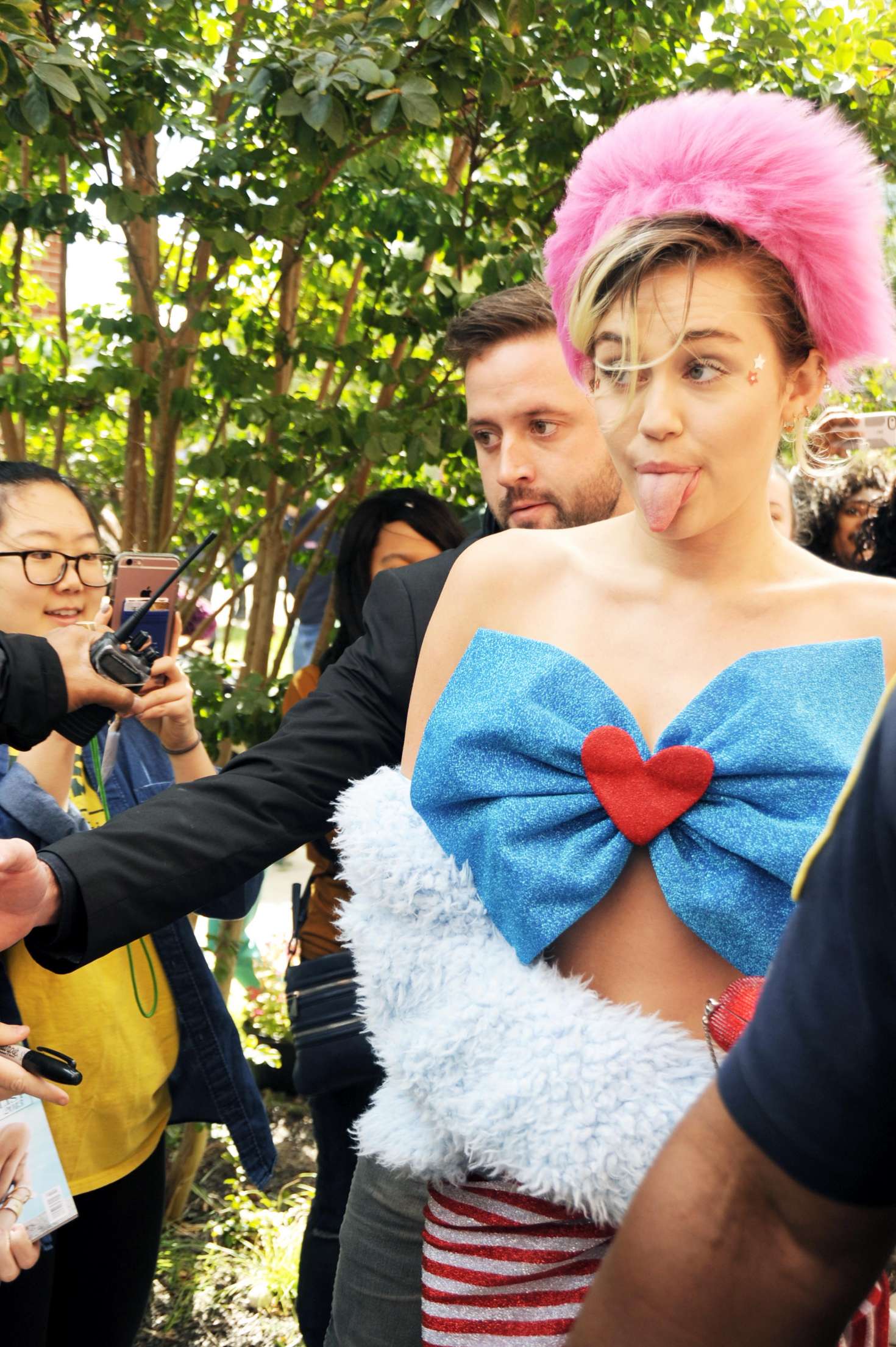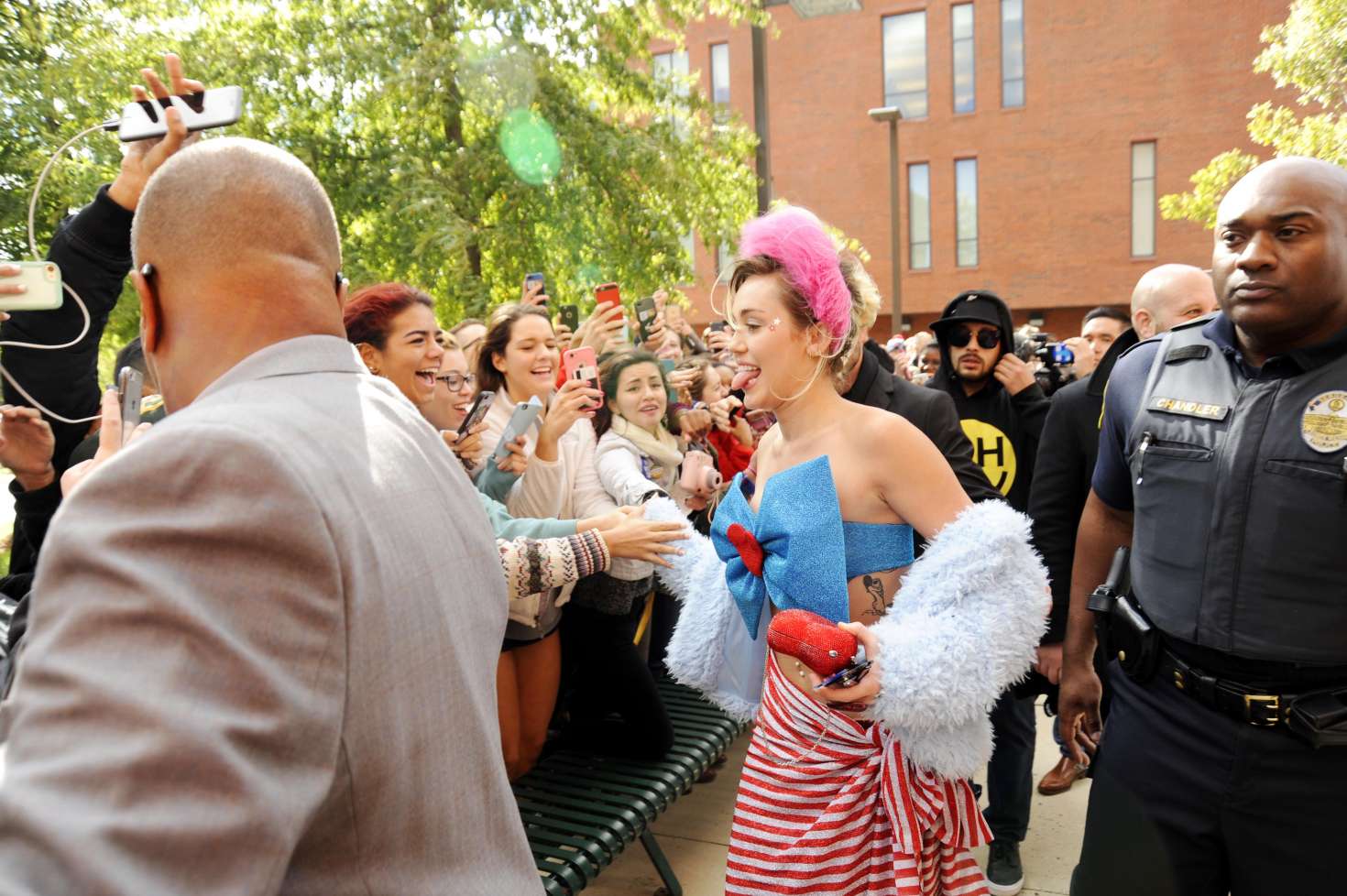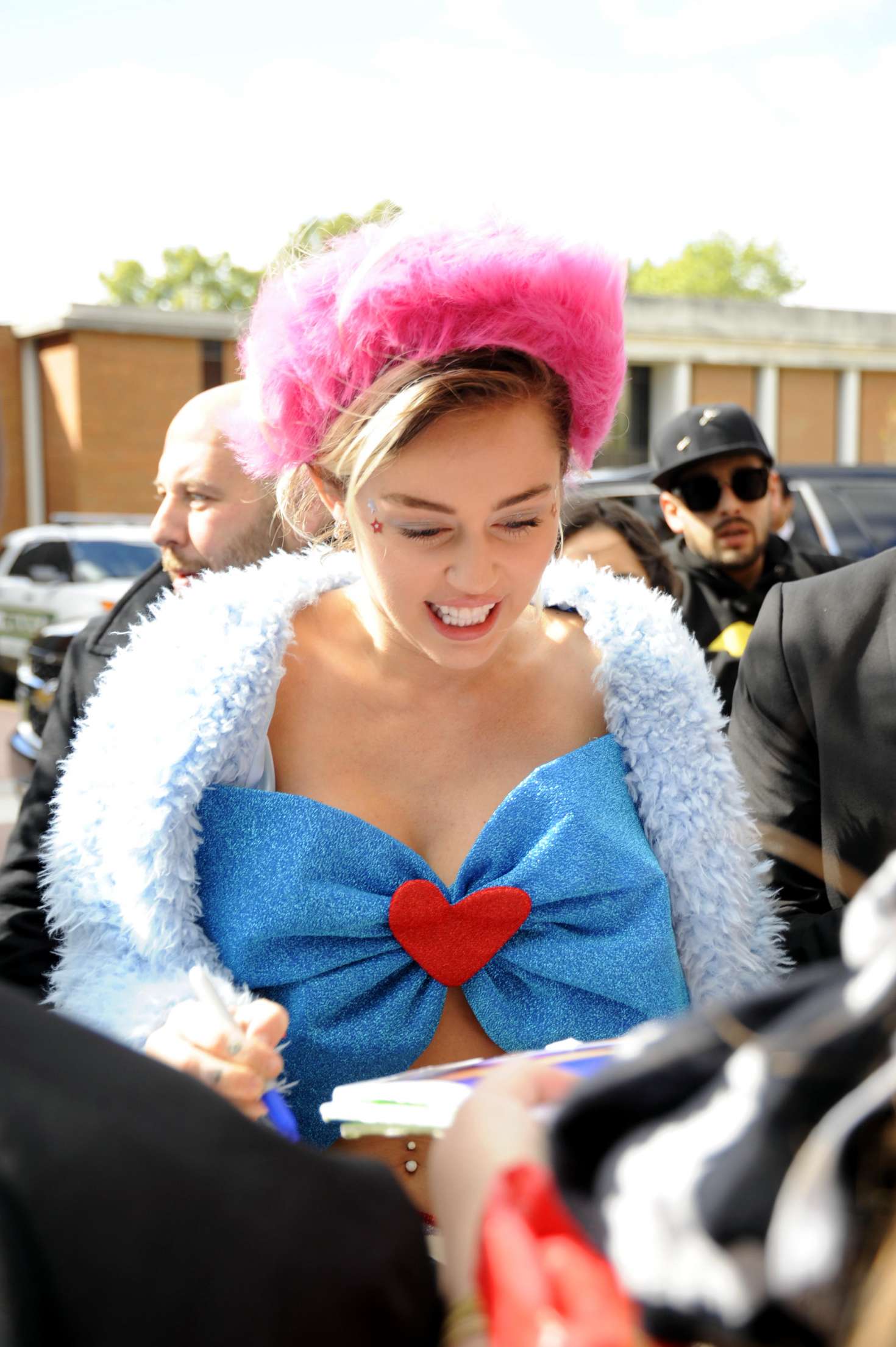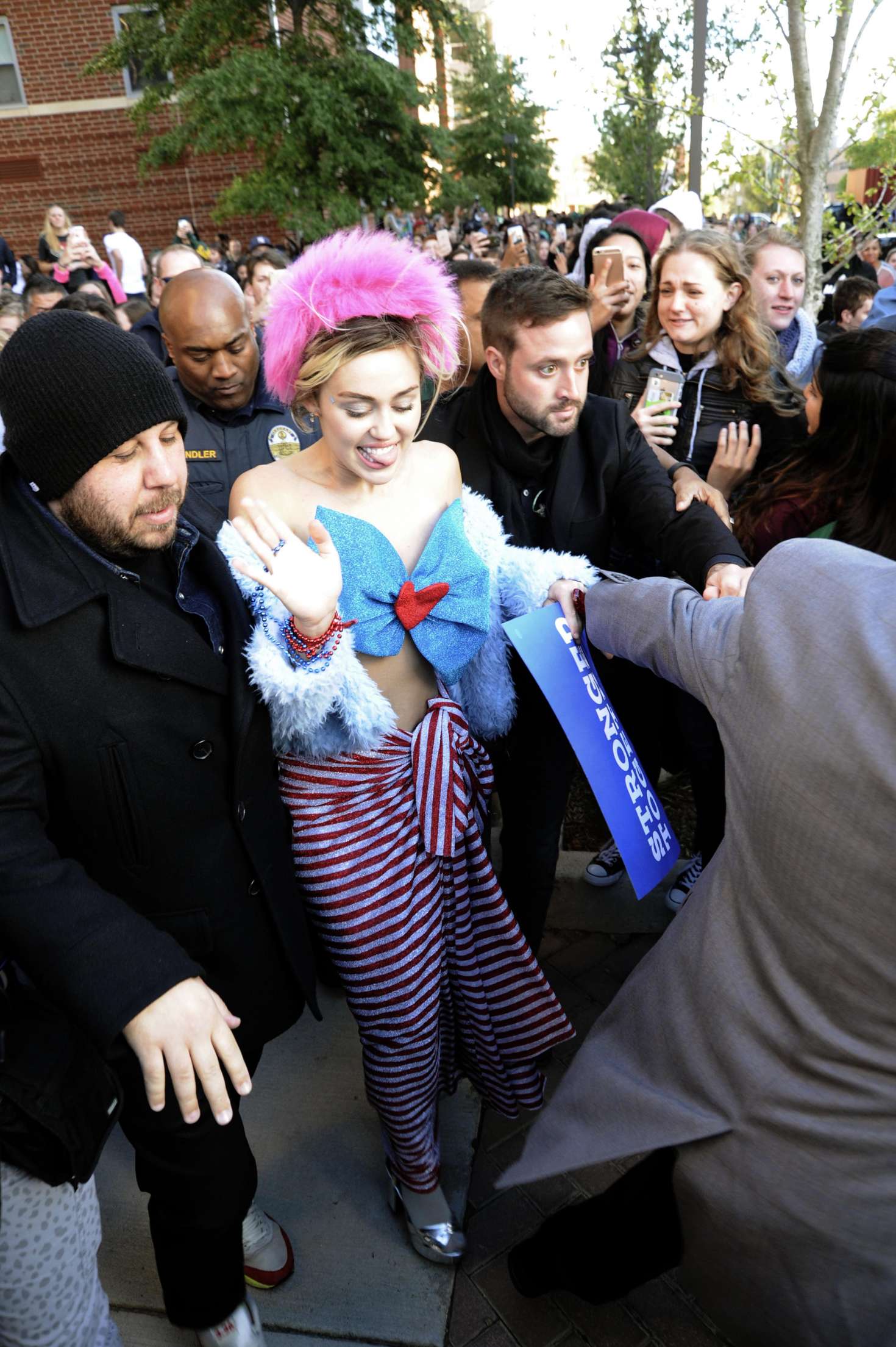In the heart of Fairfax, a vibrant suburb resonated with the rhythmic beats of political fervor as Miley Cyrus, the boundary-pushing pop sensation, stepped onto the stage to lend her support to Hillary Clinton during the 2016 presidential campaign. The intersection of music, celebrity activism, and politics converged in a rally that became a rallying cry for change.
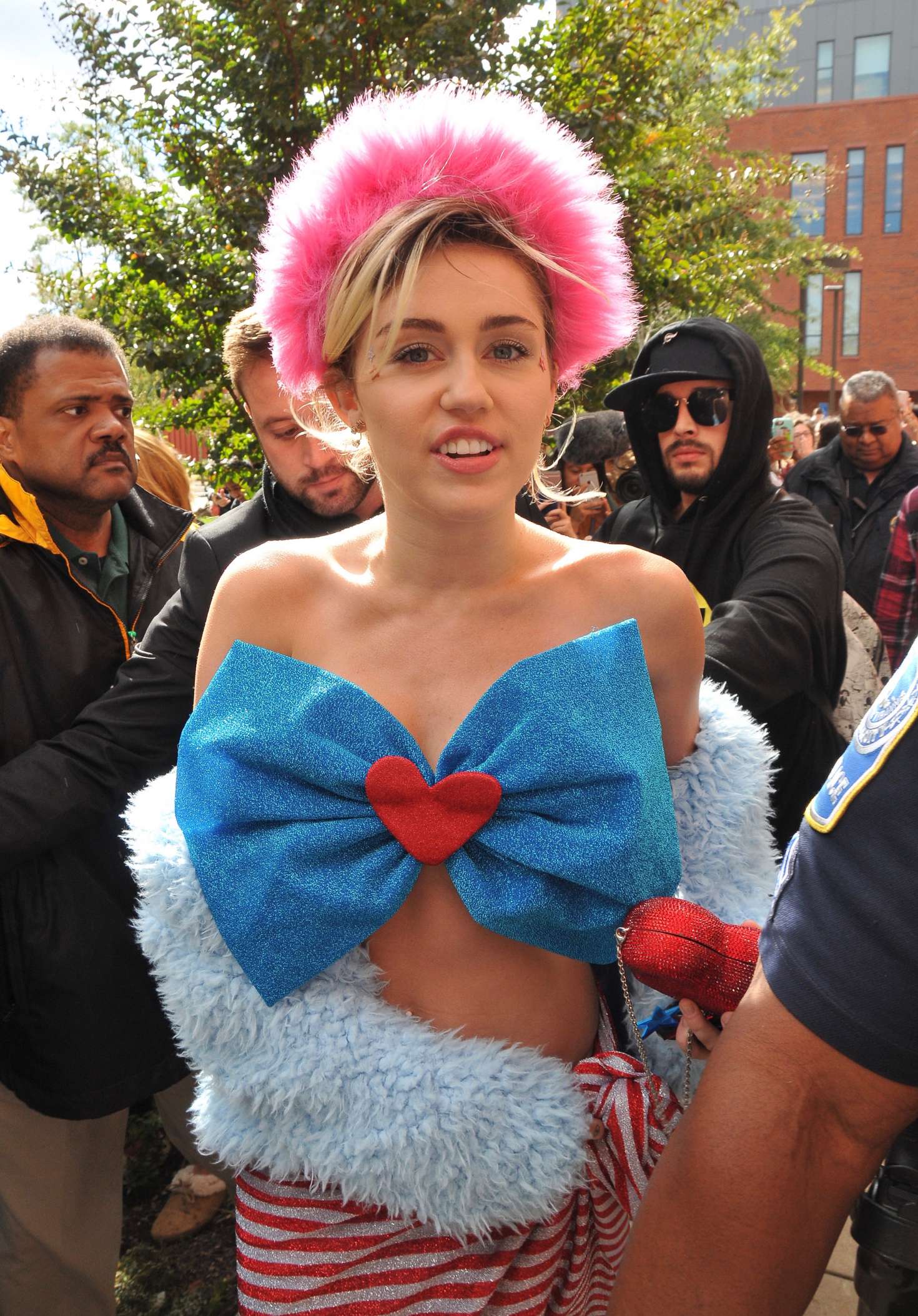
The Fairfax event, part of Hillary Clinton’s campaign trail, received an electrifying boost with Miley Cyrus’s endorsement. The pop icon, known for her outspoken nature and commitment to social issues, brought a unique energy to the political landscape. Clad in her signature eclectic style, Miley stood before a diverse audience, ready to ignite a flame of political awareness.

The rally was not just about endorsing a candidate; it was a celebration of the power of youth engagement and the intersectionality of pop culture and politics. Miley Cyrus, a vocal advocate for LGBTQ+ rights and gender equality, saw the political arena as another platform to amplify her message of inclusivity and social progress.

As Miley took the stage, her charismatic presence immediately captivated the crowd. Her speech, peppered with anecdotes and impassioned pleas for unity, resonated with the youth demographic—a demographic often deemed critical in shaping the political landscape. She seamlessly blended her musical persona with a political voice, urging young voters to participate in the democratic process.
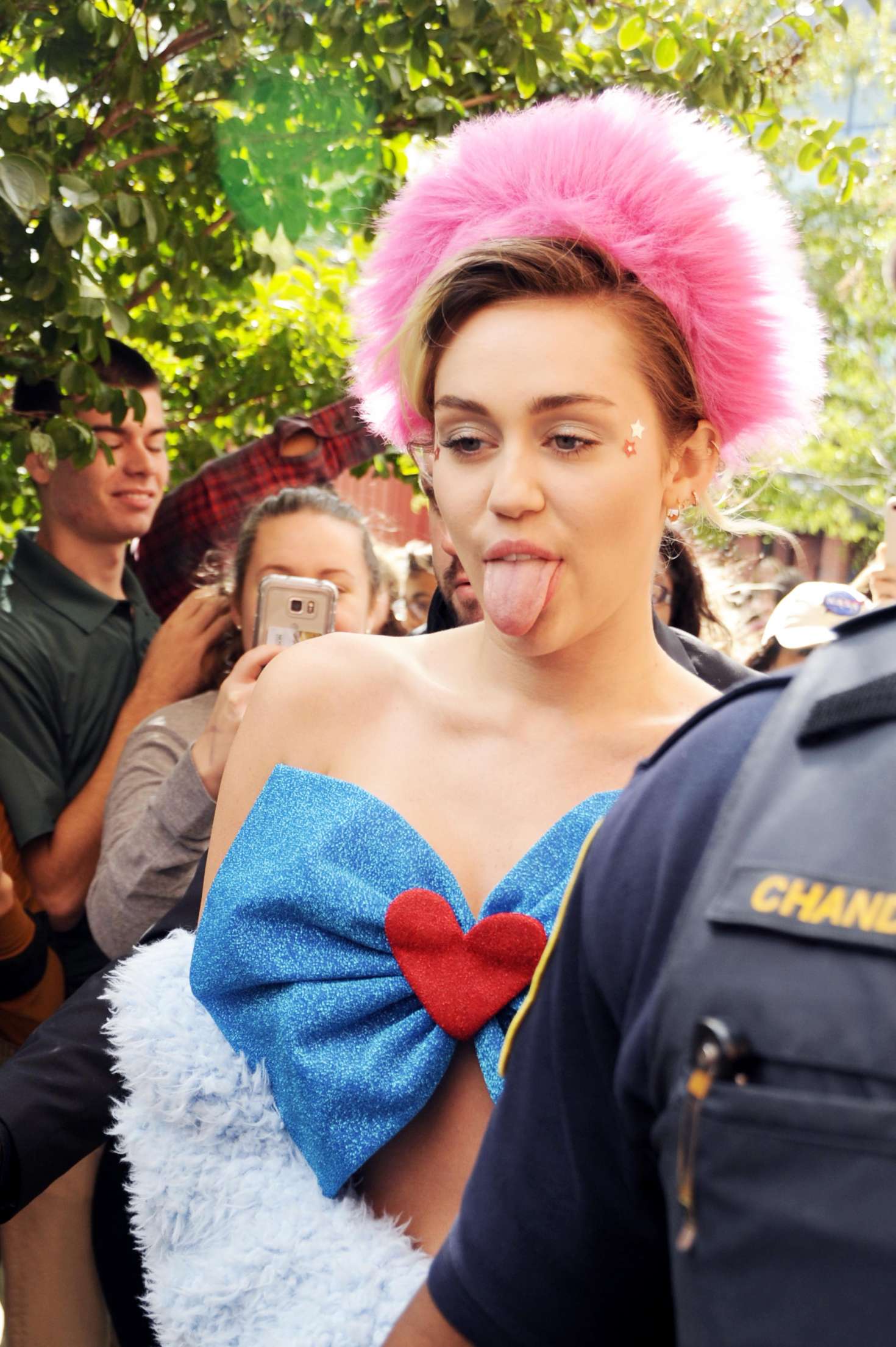
The Fairfax rally became a testament to the influence celebrities wield in shaping political narratives. Miley’s endorsement wasn’t just about rallying votes; it was a call to action, an invitation for her fans to become active participants in the democratic process. Her engagement went beyond the superficial, diving into the substantive issues that defined the 2016 presidential campaign.

The fusion of Miley’s celebrity status with political advocacy injected a unique vibrancy into the campaign trail. The Fairfax event was marked not only by Miley’s vocal support but also by the collaborative spirit that emerged between the artist and the political candidate. It symbolized a symbiotic relationship where popular culture met political ambition, creating a spectacle that transcended traditional campaign events.
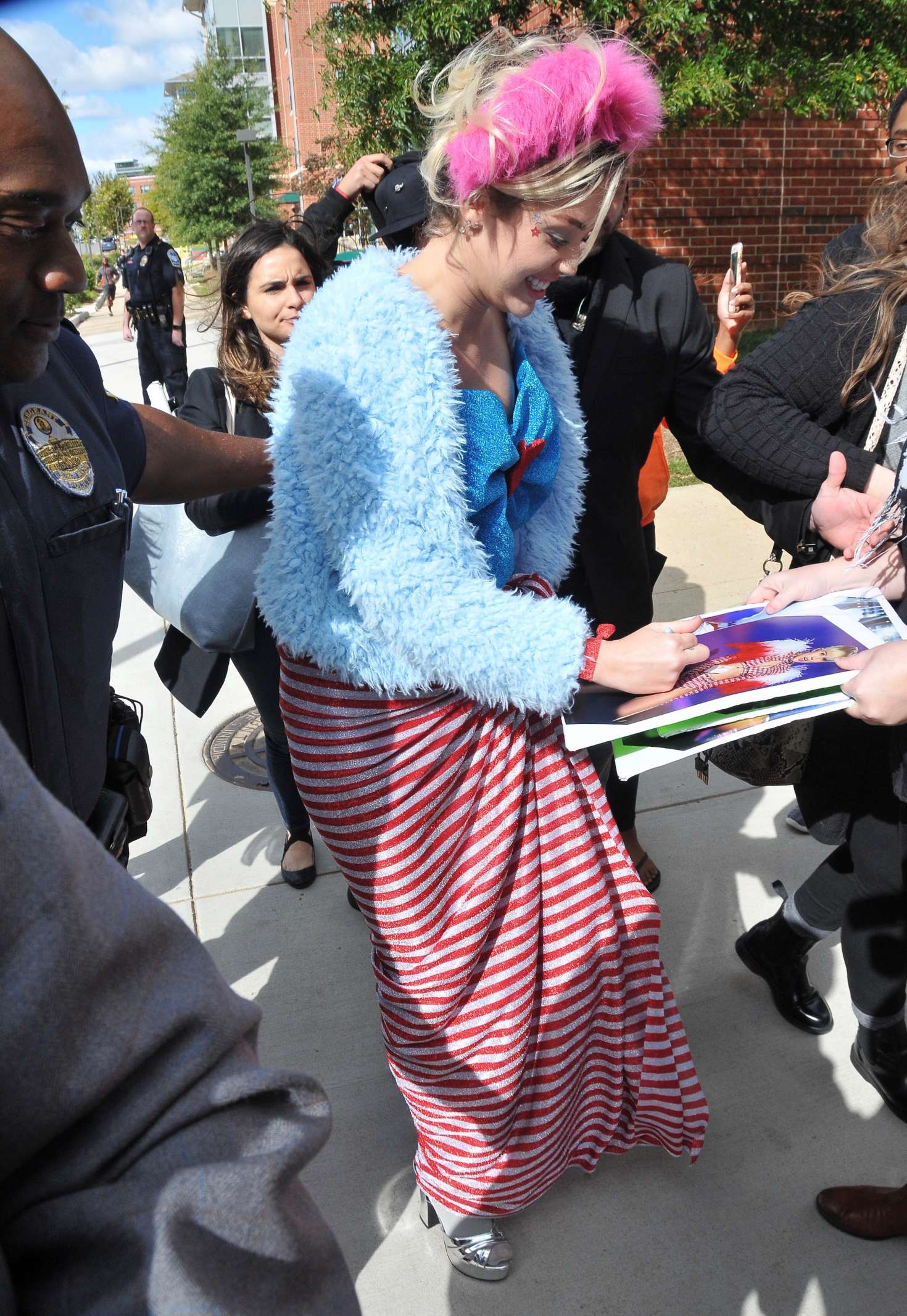
Social media platforms buzzed with the aftermath of Miley’s appearance, as her endorsement sparked discussions, debates, and a surge in voter registration among young adults. The ripple effect of her engagement echoed in the democratic process, underlining the potential impact of celebrity activism on civic participation.
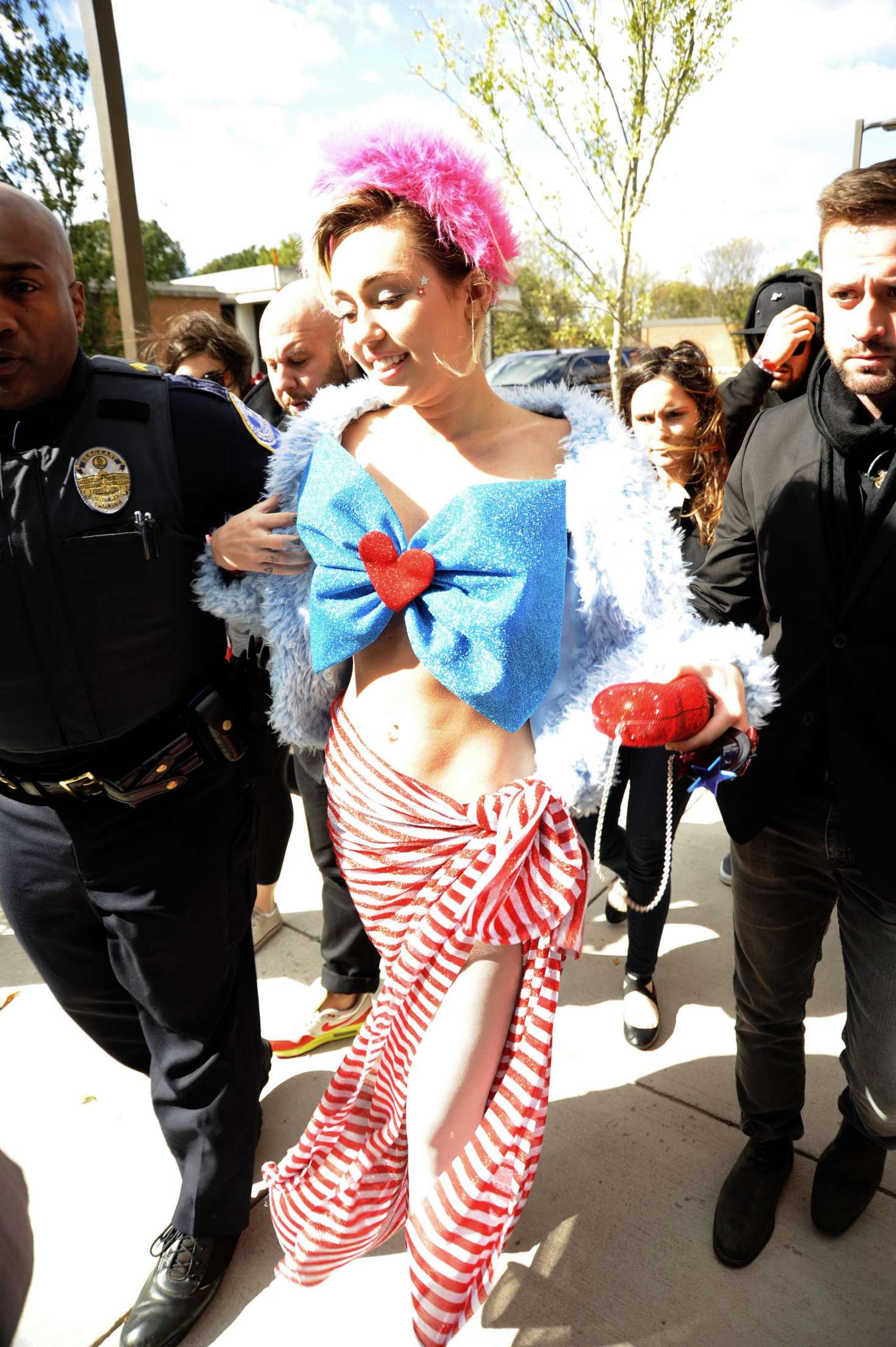
In the grand tapestry of political campaigns, Miley Cyrus’s presence in Fairfax remains a vivid stroke—a moment where the lines between entertainment and politics blurred, and the collective voice of the youth resonated in unison. Beyond the headlines and stage lights, the Fairfax rally became a chapter in the larger narrative of how pop culture icons can catalyze change and inspire a generation to engage in the democratic daogue.
